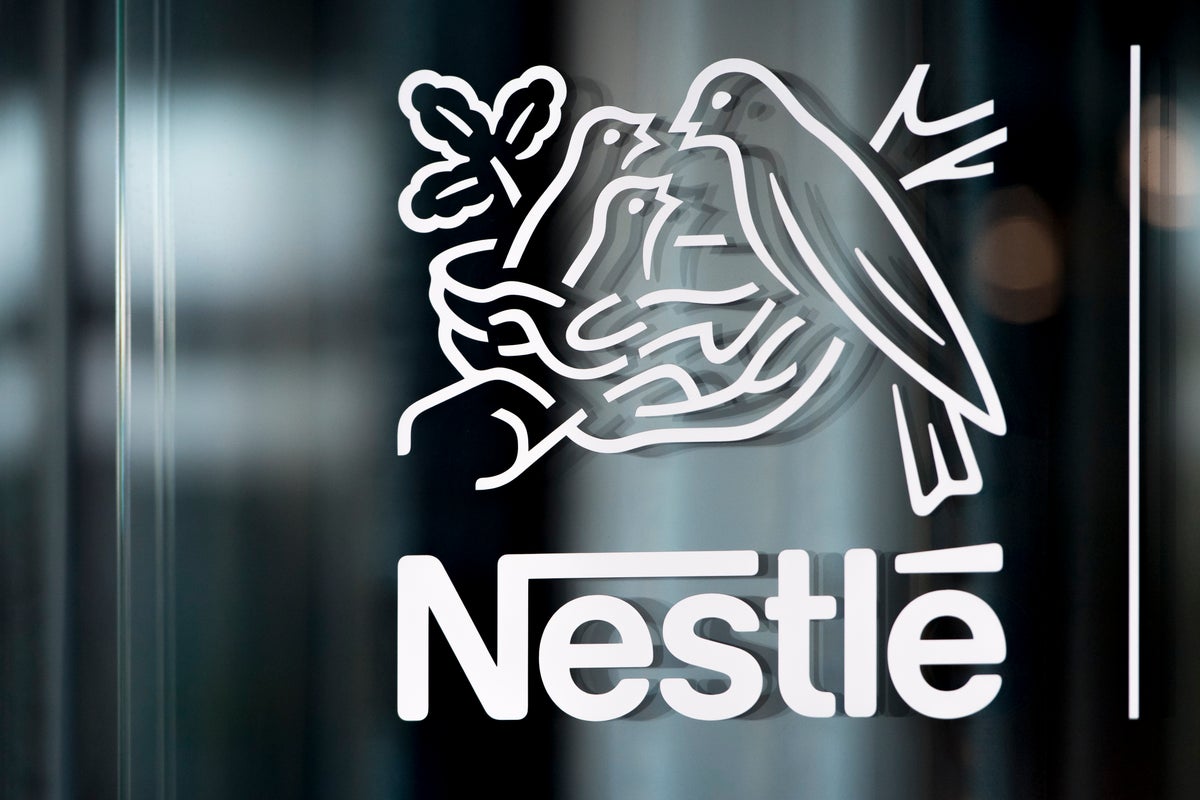
Food giant Nestle announced that it will close its baby milk plant in Ireland by 2026 due to a decline in demand for infant formula in China.
The multinational food corporation cited declining demand for infant formula in China – attributable to decreased birth rates – as a contributing factor to its decision.
“We will now consult with all employees and their representative unions,” a statement by Nestle said.
“Regrettably, today’s announcement means approximately 542 colleagues will be placed at risk of redundancy.”
The Wyeth Nutrition infant formula factory in Askeaton, Co Limerick – which was acquired from Pfizer Nutrition by Nestle in 2012 – will leave more than 540 workers facing redundancy.
The company said that it would move the plant’s operations to Suzhou in mainland China and Konolfingen in Switzerland.
It was proposed that R&D work at Askeaton would be absorbed into Konolfingen, where 365 colleagues work on research and product development across several disciplines, and a satellite R&D centre in Shanghai would be strengthened.
Nestle’s statement said that “the number of newborn babies in China has declined sharply from some 18 million per year in 2016 to fewer than 9 million projected in 2023.
“The market, which had previously been reliant on imported infant formula products, is also seeing rapid growth in locally-produced products.”
It added: “These proposals have been carefully considered and are no reflection on the excellent contribution made by our employees in Askeaton over many years.”
Siptu trade union representatives urgently requested a meeting with Nestlé Wyeth Nutritionals management, imploring them to reconsider their “horrendous” decision.
“We are also calling for immediate intervention from the government to save these jobs that are so vital to the midwest region,” Siptu sector organiser Neil McGowan was quoted as saying by Irish Times.
Minister for Enterprise, Trade and Employment, Simon Coveney, said the “full range of state support will be made available to the employees, and we will examine each and every option to ensure that the best possible outcome is reached for all concerned”.
He also noted that the factory had provided “fantastic employment in Limerick and made a huge contribution to Ireland’s economy”.







